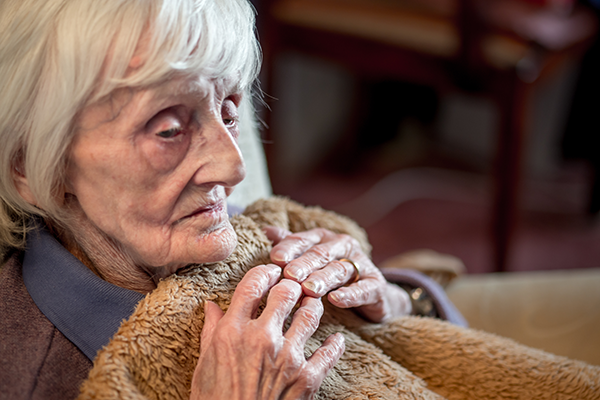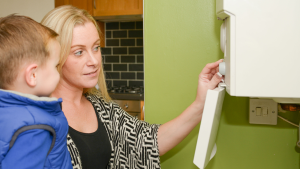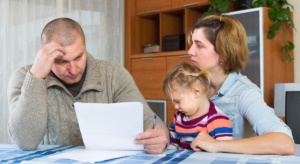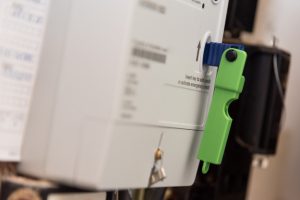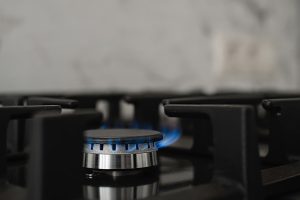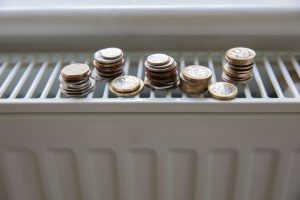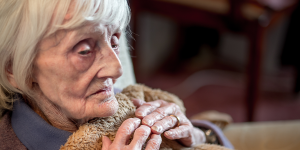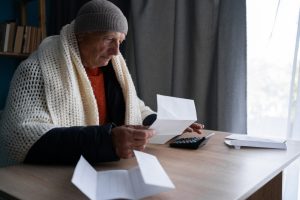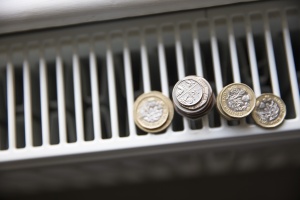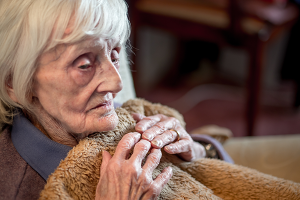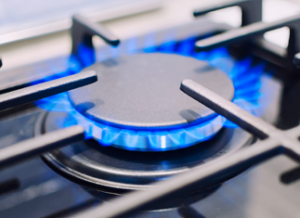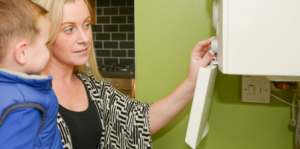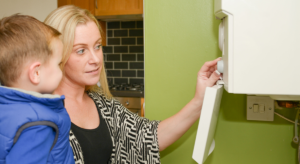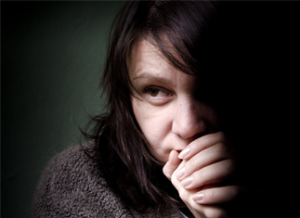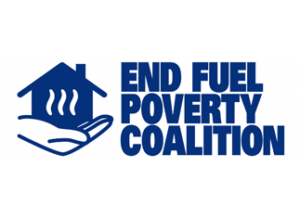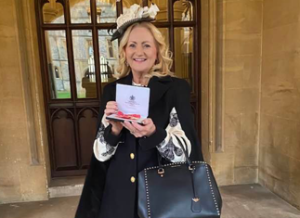Our Fuel Poverty Awareness Day on Friday 2 December took place in the most desperate circumstances we’ve seen at National Energy Action, during our 40 years of existence.
We knew how important the day was going to be, in the middle of a severe energy crisis in which millions of households are struggling to stay warm and out of debt. More and more households are being dragged into fuel poverty, and those already fuel poor into severe fuel poverty. This is particularly the case during the cost of living crisis. This year our focus was on this winter and beyond – and what more the Government needs to do.
8.4 million UK households will be in fuel poverty from April
We published new data from our research team, which showed that a staggering 8.4 million UK households will be in fuel poverty come April. That is a significant number of the population spending 10% or more of its income on energy in order to stay warm.
This increase in fuel poverty is due to the government’s Energy Bills Support Scheme ending in April and the Energy Price Guarantee increasing the average annual bill from £2,500 to £3,000. Our research team also broke this down by vulnerable groups – people with disabilities, those in off gas homes and more.
- 1.8 million carers
- 5.9 million low-income and financially vulnerable households
- 3.6 million people with a disability
- 2.5 million people over 60
- 1.6 million households in off-gas homes
Appearances on BBC, ITV, Channel 4, Channel Five and Sky News
The release was covered as an exclusive by the BBC and then sent all around. To read the full release, please visit our news and insights page here. Channel 4 used these statistics and some extra data the research team secured, and it was the lead item on the streaming service.
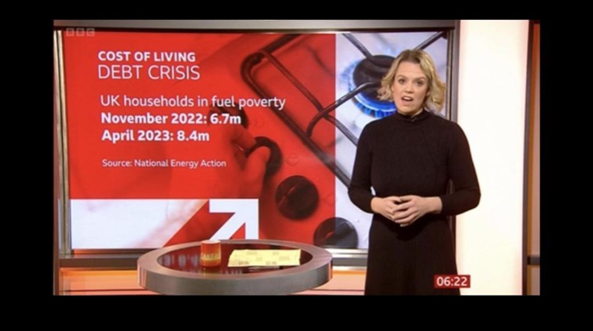
We also gave ITV exclusive statistics showing it would take the government 150 years to meet its poverty target for England. They featured our case study Geraldine, a pensioner from Sheffield with disabilities who got into debt on her energy bills. This led to her being visited by debt collectors. Case studies like Geraldine are so important to show the real human suffering behind the statistics, shining a light on the problems that suppliers, the regulator and government can help solve.
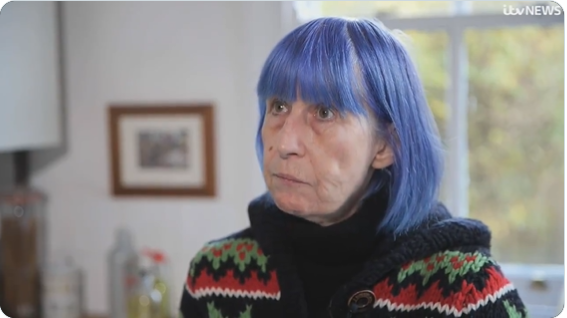
Our spokespeople appeared on ITV’s Good Morning Britain, Channel Five’s Jeremy Vine Show and Sky News, with another of our case studies also speaking about her struggles to afford to keep her home warm as a full-time mum of young children and a partner who works. Many national and local papers picked up our release and so did Press Association. It led to over 300 mentions, 263 of which mentioned Fuel Poverty Awareness Day.
#FuelPovertyAwarenessDay trending fifth on Twitter
For social media we developed resources for our supporters and partners to share, highlighting statistics, case studies and help for those struggling to afford their energy bills. On Twitter, our resources and hashtag #FuelPovetryAwarenessDay were shared throughout the day, not only by us but by thousands of our supporters including charities, organisations, and politicians like Sadiq Khan and Ed Miliband. Thanks to all of our supporters, #FuelPovetryAwarenessDay was trending fifth on the day .
New MP template letter and fuel poverty map
We also developed the fuel poverty map and the MP template letter to help members of the public express their concerns about government action fuel poverty to their local MP.
More coverage and attention mean more public awareness and greater pressure on the government to act. We have been clear that the government must provide additional targeted support for those most in need, and make sure that current support is accessible. Temperatures are close to or getting below zero in parts of the country and millions have effectively been priced out of heating. We can only hope that the government is paying attention.
The response on the day was fantastic – thanks to all our stakeholders and supporters who helped make Fuel Poverty Awareness Day 2022 such a significant day.
Go to www.nea.org.uk/energy-crisis for background on the crisis
Go to www.nea.org.uk/energyhelp for help and support
If you’d like to contact our communications team please email anna.cook@nea.org.uk


